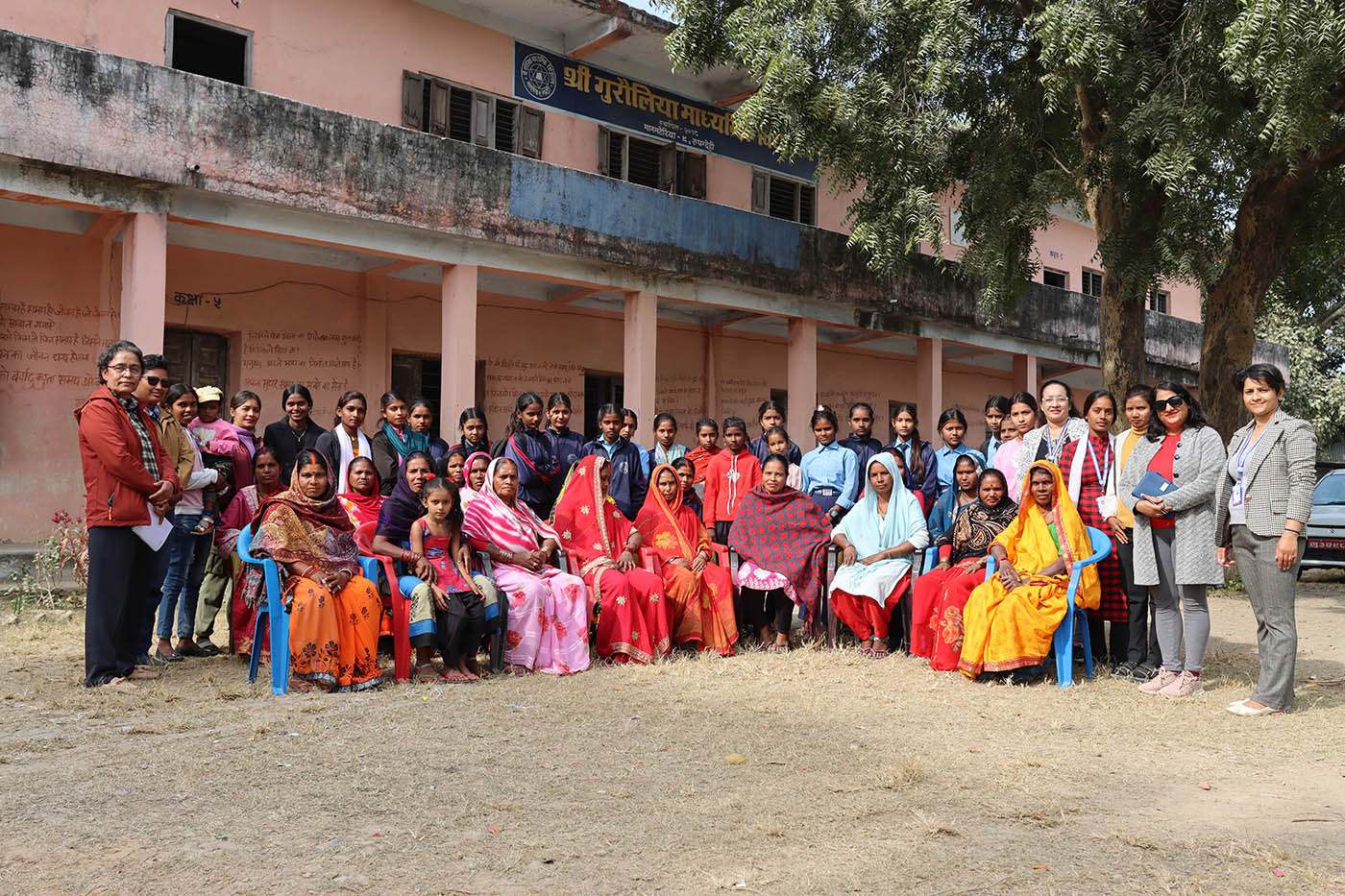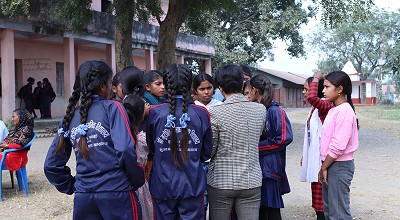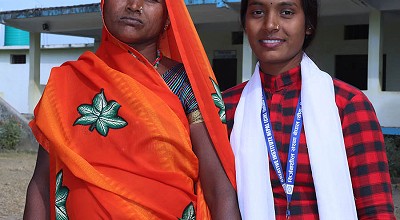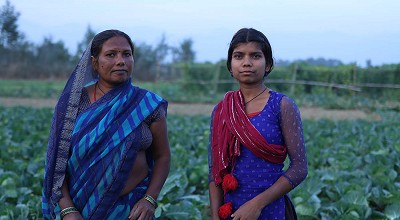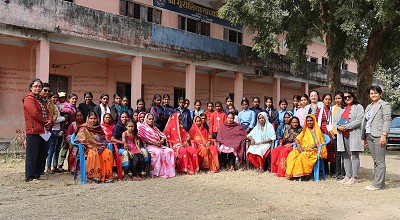Child marriage represents a severe form of Gender-Based Violence deeply entrenched in South Asian society, where marrying off girls is often perceived as a family's honor. The prevalent belief of "Sooner is better" underscores the urgency to wed girls at a young age. Patriarchy serves as the root cause, relegating girls and women to domestic roles, pleasure objects, and child bearers, perpetuating harmful social norms.
Within the Madhise Community, girls face heightened vulnerability and discrimination from birth, viewed as burdens due to dowry concerns. The cultural practice of associating lower dowries with younger brides fuels child marriages. In this male-dominated traditional setting, girls' desires, sexuality, and choices are disregarded, emphasizing obedience to elder family members.
Child marriage severely impedes girls' overall development, hindering education, opportunities, health, freedom, and employment prospects. Early pregnancies resulting from child marriages pose significant risks to both mothers and newborns, leading to long-term physical and psychosocial challenges for the girls.
In response, initiatives have been undertaken in Rupandehi district's Madhise Community, Sainamaina Municipality, and Suddhodhana Rural Municipality since 2019. These efforts focus on fostering girls' leadership, engaging parents, community and religious leaders, and government representatives to combat child marriage and harmful social norms.
Activities center on raising awareness about the detrimental impact of child marriage, sharing knowledge on sexual and reproductive health, legal provisions, adolescent female sexuality, and girls' rights. Through girls' clubs in the community and schools, over 2000 girls and boys have been actively involved in these endeavors.
Recognizing that child marriage is deeply rooted in cultural beliefs, an individualized approach is adopted to eradicate it from households. Economic empowerment initiatives parallel girls' education, with technical vocational training provided in agri-farming skills such as bio-fertilizer, bio-pesticide, seedling, planting, and modern organic farming.
Over the past five years, significant progress has been achieved, with girls demonstrating leadership and becoming young feminist advocates against child marriage and gender-based violence in their communities. Through concerted efforts, strides are made towards dismantling harmful practices and creating a more equitable future for girls in the Madhise Community.

